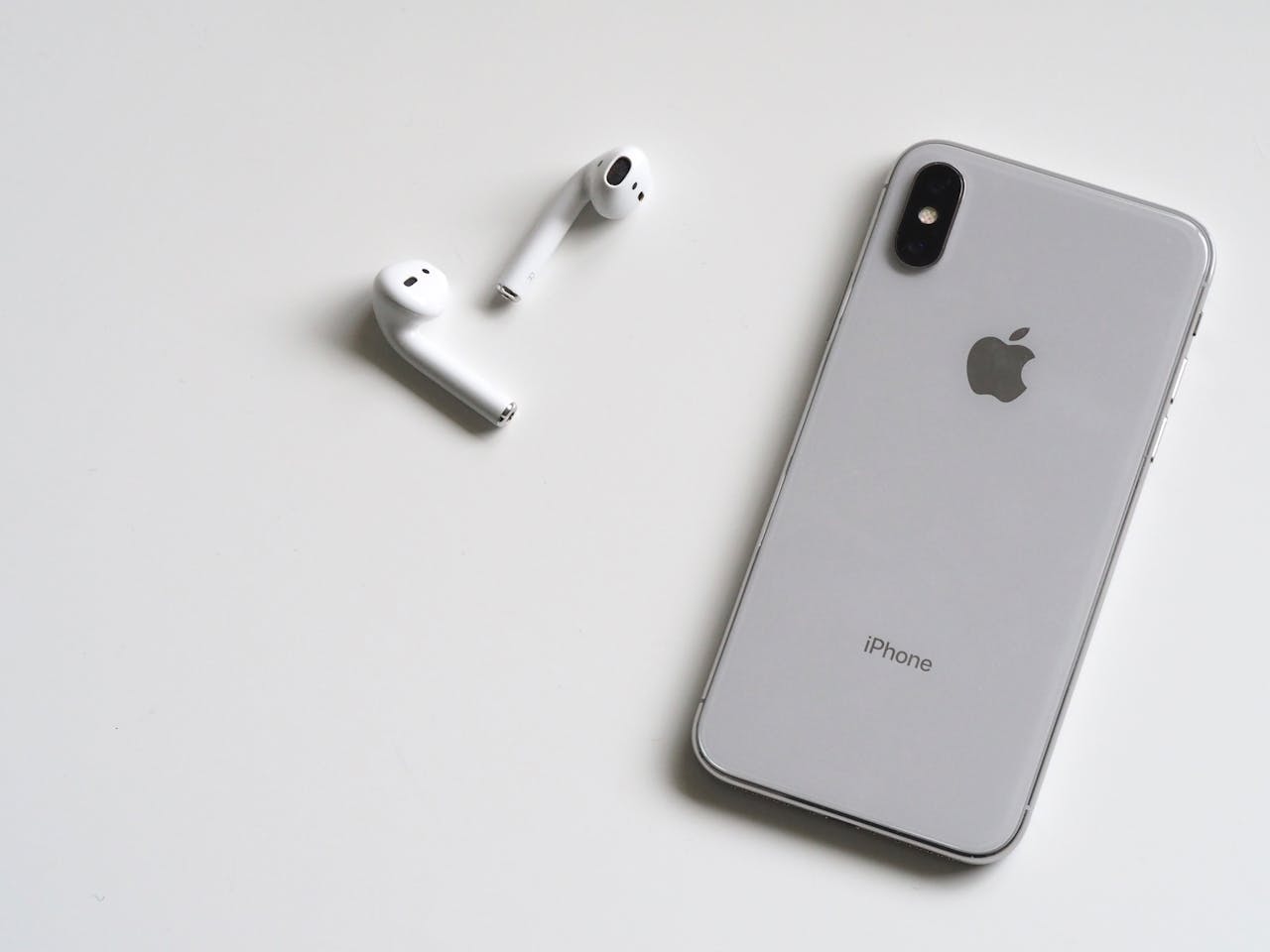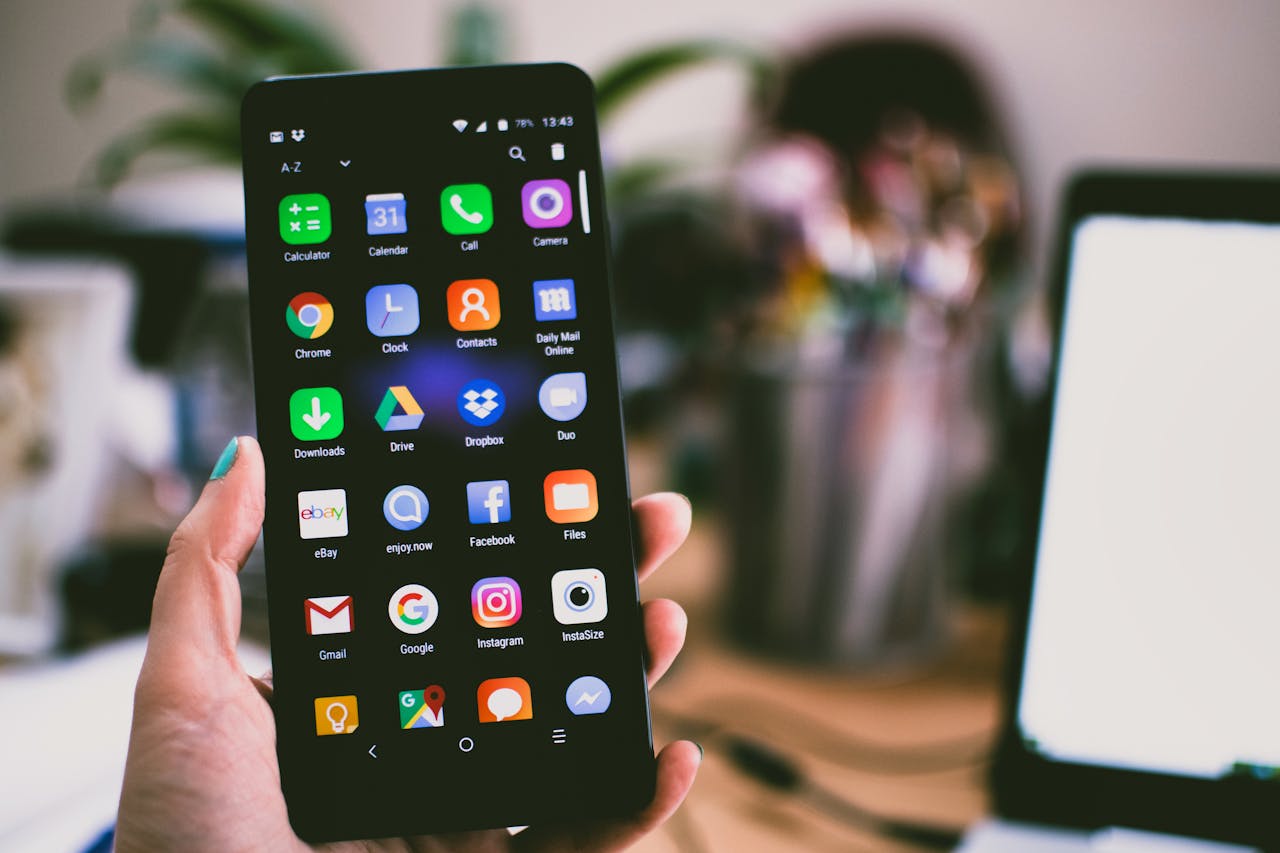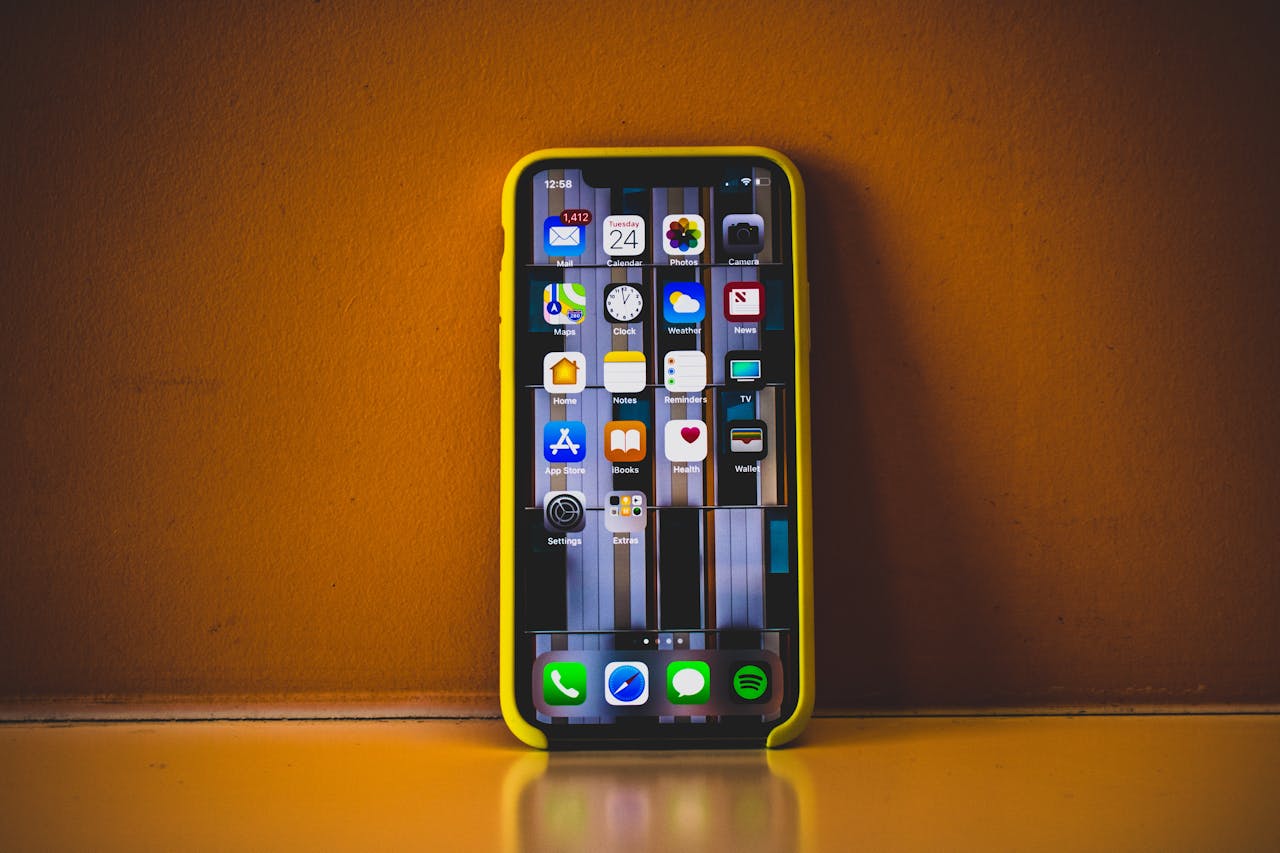In today’s fast-paced world, mobile phones have become an indispensable tool for communication, entertainment, and productivity. However, excessive use of mobile phones has been linked to negative effects on mental health. In this article, we will explore the impact of mobile phone usage on well-being and provide tips on how to manage usage for better mental health.
The Rise of Mobile Phones and its Impact on Mental Health
The prevalence of mobile phones in our daily lives has skyrocketed in recent years. According to a report by Statista, there were over 3.8 billion smartphone users worldwide in 2021, and this number is expected to continue growing. While mobile phones have undoubtedly made our lives more convenient, they have also raised concerns about their impact on mental health.
Studies have shown that excessive use of mobile phones can lead to a variety of mental health issues, including anxiety, depression, and sleep disturbances. Constant notifications, social media comparisons, and the pressure to always be connected can contribute to feelings of stress and overwhelm. Additionally, the blue light emitted by screens can disrupt our circadian rhythms and negatively affect our sleep quality.
Managing Mobile Phone Usage for Better Mental Health
While it may be tempting to constantly check our phones, it is important to set boundaries and prioritize our mental well-being. Here are some tips for managing mobile phone usage for better mental health:
1. Set limits on screen time: Consider using apps or settings on your phone to track your screen time and set limits for specific apps or overall usage. Aim to take breaks from your phone throughout the day to give your mind a rest.
2. Establish phone-free zones: Create designated areas in your home where mobile phones are not allowed, such as the bedroom or dining table. This can help you disconnect and focus on being present in the moment.
3. Turn off notifications: Constant notifications can be distracting and contribute to feelings of anxiety. Consider turning off non-essential notifications or setting specific times to check your messages and emails.
4. Engage in offline activities: Take time to engage in activities that do not involve screens, such as reading a book, going for a walk, or spending time with loved ones. These activities can help you recharge and reduce stress.
5. Practice mindfulness: Be mindful of your mobile phone usage and how it affects your mental well-being. Take breaks to practice deep breathing, meditation, or other relaxation techniques to help manage stress.
In conclusion, while mobile phones have revolutionized the way we communicate and access information, it is important to be mindful of their impact on our mental health. By setting boundaries, establishing phone-free zones, and engaging in offline activities, we can manage our mobile phone usage for better mental well-being. Remember, your mental health is a priority, so take care of yourself and your relationship with your phone.


